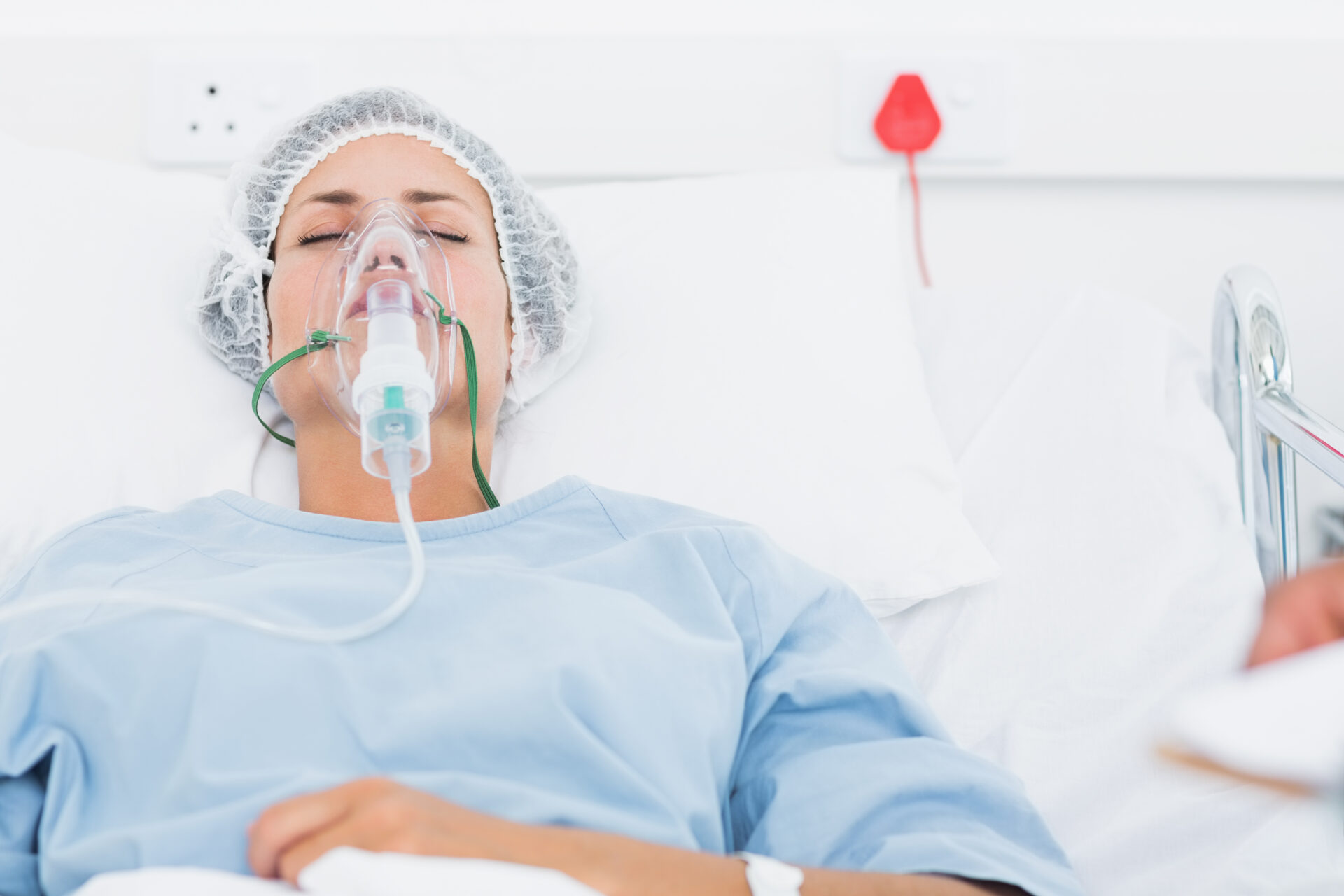Improving Sleep Quality
Sleep apnea is a sleep disorder characterized by pauses in breathing during sleep, leading to disrupted sleep patterns and inadequate oxygen levels. Oxygen therapy, specifically continuous positive airway pressure (CPAP) and bilevel positive airway pressure (BiPAP), has emerged as an effective treatment for sleep apnea. This therapy offers significant benefits in improving sleep quality and overall well-being for individuals affected by this condition.
Understanding Sleep Apnea
The apnea can result in fragmented sleep, excessive daytime sleepiness, and a host of health problems. In obstructive apnea (OSA), the most common form of apnea, relaxation of the throat muscles leads to partial or complete blockage of the upper airway, causing breathing pauses. Central apnea (CSA) occurs when the brain fails to send proper signals to the muscles that control breathing.
Continuous Positive Airway Pressure (CPAP) Therapy
CPAP therapy involves delivering a constant stream of air through a mask worn over the nose or mouth during sleep. This air pressure acts as a splint, keeping the airway open and preventing the collapse that causes apneas. CPAP therapy effectively reduces the number of apnea and hypopnea events, allowing individuals to maintain regular sleep patterns and experience improved sleep quality.
Bilevel Positive Airway Pressure (BiPAP) Therapy
BiPAP therapy is similar to CPAP but offers two different air pressure levels: a higher pressure during inhalation and a lower pressure during exhalation. This therapy is particularly useful for individuals who find it difficult to exhale against the constant pressure of CPAP. BiPAP therapy is often prescribed for individuals with more severe cases of apnea or those who have difficulty tolerating CPAP.
Benefits of Oxygen Therapy for Sleep Apnea
Oxygen therapy through CPAP or BiPAP addresses the root cause of apnea by ensuring a consistent flow of air, thus preventing airway collapse. This leads to several benefits, including improved sleep quality, reduced daytime sleepiness, enhanced cognitive function, and decreased risk of associated health issues such as cardiovascular problems and diabetes.
Enhanced Sleep Quality
With oxygen therapy, individuals with sleep experience a more restful sleep. The reduction in apnea events leads to uninterrupted sleep cycles, allowing them to progress through the various stages of sleep. This results in improved sleep quality and an overall feeling of refreshment upon waking.
Reduction in Daytime Sleepiness
Sleep apnea often leads to excessive daytime sleepiness, affecting daily activities and productivity. Oxygen therapy effectively addresses this issue by preventing sleep disruptions, allowing individuals to achieve sufficient deep sleep and wake up feeling more alert and rejuvenated.
Cognitive Function and Health Improvement
Adequate sleep is crucial for cognitive function, memory consolidation, and emotional well-being. Oxygen therapy helps individuals with apnea experience more restorative sleep, contributing to improved cognitive performance, mood stability, and better overall mental health.
Conclusion
Oxygen therapy, specifically through CPAP and BiPAP, offers a transformative solution for individuals with sleep apnea. By ensuring open airways and consistent airflow, these therapies enhance sleep quality, reduce daytime sleepiness, and contribute to improved cognitive function. Recognizing the potential of oxygen therapy to address apnea underscores its role in supporting overall well-being and allowing individuals to enjoy a restful, fulfilling sleep experience.

